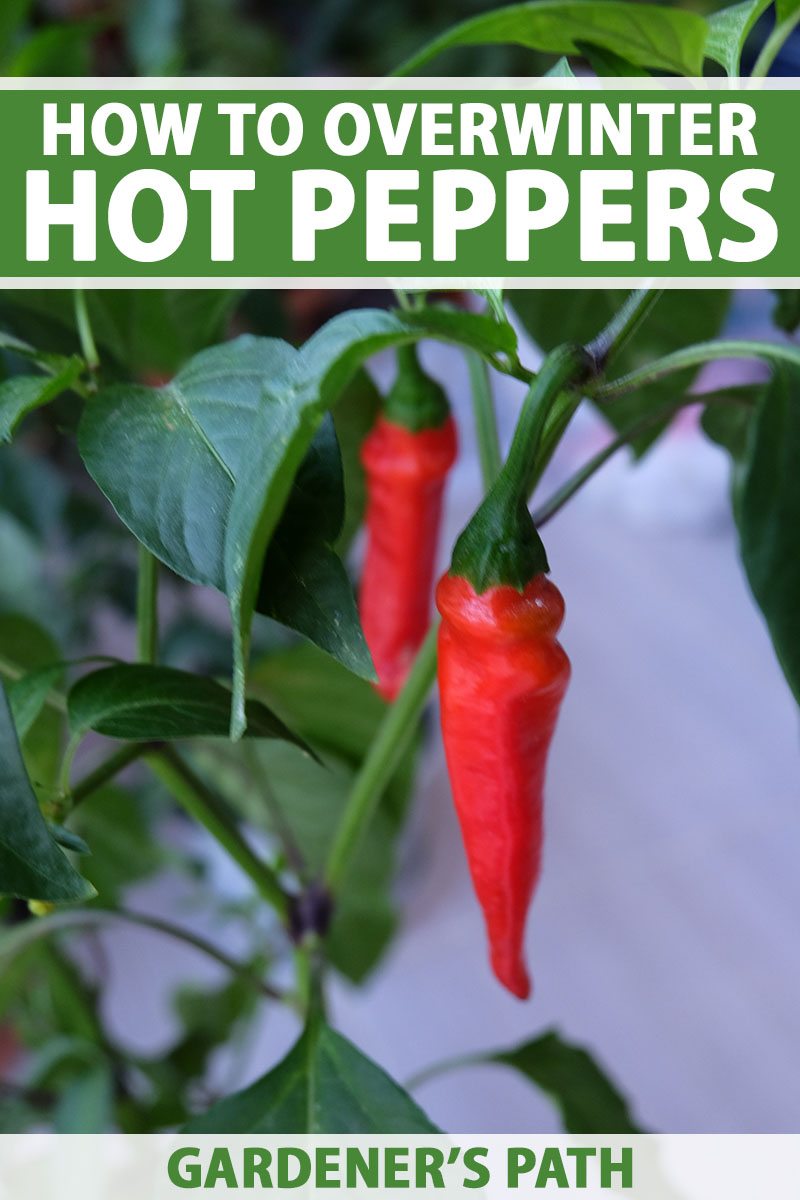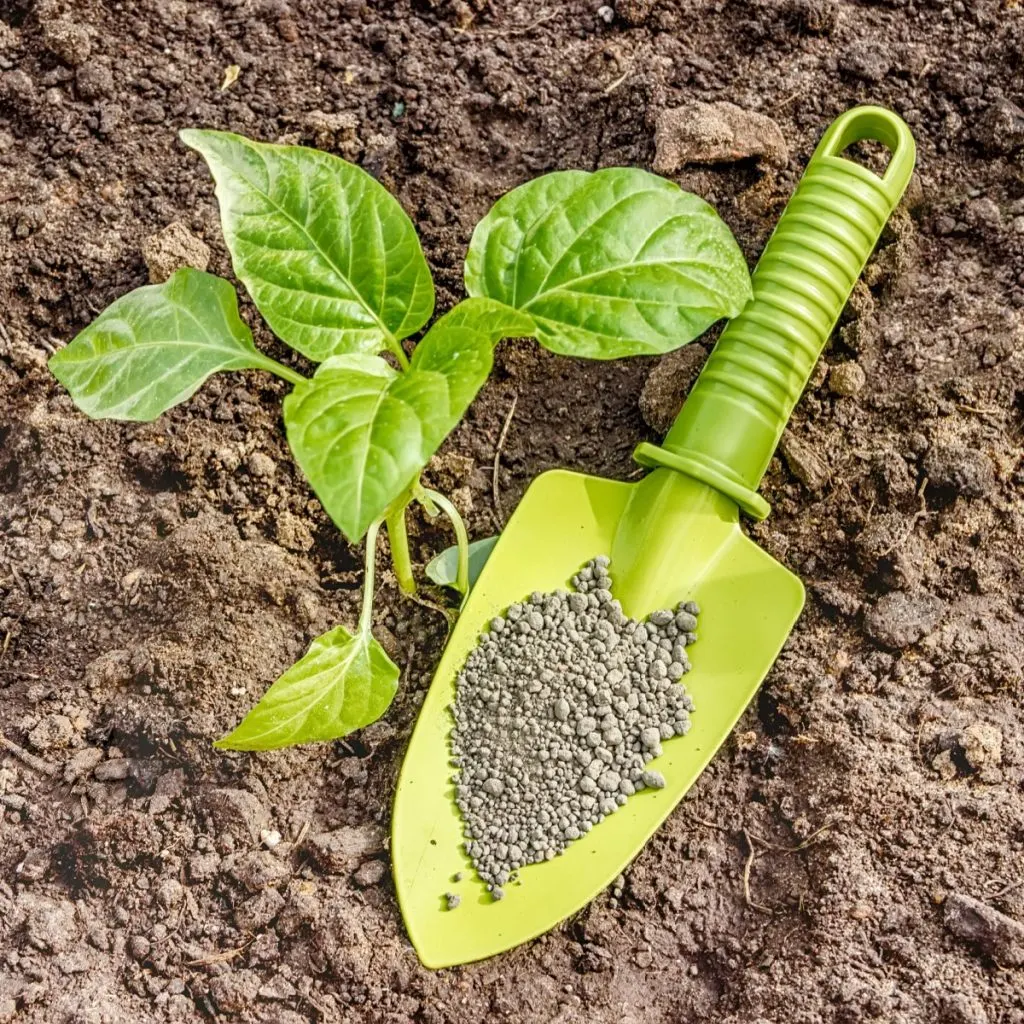Organic Vs. Synthetic Fertilizers: Which Is Best for Nurturing Healthy And Balanced Pepper Plants?
In the realm of nurturing healthy pepper plants, the option between synthetic and natural plant foods stands as a critical choice with far-ranging implications. While both choices purpose to provide vital nutrients to sustain plant growth, the subtleties of their effect on the dirt, plant health and wellness, and the atmosphere trigger a discussion that echoes throughout the horticulture neighborhood. Comprehending the distinct benefits and possible mistakes of each plant food type is vital for pepper cultivators seeking to maximize their returns while preserving a sustainable and eco-conscious method.
Benefits of Organic Fertilizers
Organic plant foods use an environmentally-friendly and sustainable technique to nourishing pepper plants, offering vital nutrients without making use of artificial chemicals. These natural fertilizers are originated from organic sources such as garden compost, manure, bone dish, and seaweed, advertising soil health and wellness and biodiversity. Unlike artificial plant foods, natural choices release nutrients gradually, making sure a consistent and balanced supply for pepper plants to grow.
One considerable advantage of organic fertilizers is their capacity to improve dirt structure and water retention. By boosting soil wellness, natural fertilizers promote valuable microbial activity, which helps in nutrient uptake by pepper plants. In addition, organic plant foods reduce the threat of chemical run-off, shielding water sources from contamination and safeguarding the atmosphere.
In addition, natural plant foods add to long-term soil fertility by promoting the growth of valuable dirt organisms. These microorganisms help break down natural matter, releasing nutrients in a kind that is easily obtainable to pepper plants. best fertilizers for peppers. By fostering a healthy dirt environment, organic fertilizers sustain sustainable pepper growing practices that profit both plants and the atmosphere
Downsides of Synthetic Plant Foods
Artificial plant foods, in comparison to their organic counterparts, position different negative aspects when made use of to nourish pepper plants, affecting both plant health and environmental sustainability. One significant downside of artificial fertilizers is their propensity to seep nutrients from the soil swiftly.
Additionally, the overuse of artificial plant foods can add to water air pollution. Excess fertilizers not absorbed by plants can get rid of into water bodies, resulting in eutrophication, where algae blooms diminish oxygen levels in the water, harming marine life. Artificial plant foods are usually obtained from non-renewable resources, such as fossil gas, contributing to carbon exhausts and ecological deterioration during their production.
Nutrient Absorption Contrast
When contrasting organic and artificial plant foods in terms of nutrient absorption, organic plant foods have the benefit of offering an extra well balanced and slow-release source of nutrients. Organic plant foods contain a variety of macro and micronutrients that are not you can look here only useful for the plants but additionally promote healthy and balanced dirt microbial task, which helps in nutrient uptake.
In addition, natural plant foods improve dirt framework and water retention capability, allowing pepper plants to access nutrients more successfully. This improved soil top quality helps with root development, making it possible for much better nutrient absorption. Artificial plant foods, although originally increasing plant development due to their high nutrient concentrations, may prevent long-lasting nutrient absorption by degrading dirt health and wellness with time.
Ecological Effect Factors To Consider

On the various other hand, artificial plant foods, although often even more concentrated and quickly readily available to plants, can have destructive impacts on the environment otherwise used appropriately (best fertilizers for peppers). Their production requires high energy inputs, causing greenhouse gas exhausts and adding to environment adjustment. In addition, the runoff of excess artificial fertilizers can infect water sources, causing eutrophication and harming water ecological communities.
Best Plant Food Practices for Peppers
When fertilizing pepper plants, optimizing nutrient uptake and reducing environmental effect are vital factors to consider. To attain this, it is important to adhere to ideal plant food techniques customized to the specific needs of pepper plants. One crucial method is to perform a dirt examination prior to using any fertilizers. This test can establish the pH degree of the soil and recognize any nutrient deficiencies, guiding you in picking one of the most suitable fertilizer formula.
An additional essential practice is to feed pepper plants at the correct time. go to my blog Generally, peppers take advantage of getting fertilizer at planting and afterwards once more when they begin to flower. Over-fertilizing can bring about nutrient discrepancies and hurt the plants, so it is vital to comply with recommended application prices.
In addition, selecting a balanced plant food with an NPK proportion that suits pepper plants' demands is essential. Inevitably, combining natural and artificial fertilizers carefully can assist support healthy and balanced pepper plants while lessening ecological impact.
Final Thought

Organic plant foods use a lasting and environmentally-friendly strategy to nourishing pepper plants, offering necessary nutrients without the use of synthetic chemicals. Unlike synthetic plant foods, organic choices launch nutrients slowly, guaranteeing a constant and balanced supply for pepper plants to prosper.
Synthetic fertilizers, in comparison to their organic counterparts, posture numerous drawbacks when made use of to nurture pepper plants, impacting both plant health and environmental sustainability. When comparing natural and artificial plant foods in terms of nutrient absorption, natural plant foods have the benefit of offering a more well balanced and slow-release source of nutrients.Moreover, natural plant foods boost dirt structure and water retention capability, permitting pepper plants to accessibility nutrients extra successfully.
Comments on “Best Fertilizers for Peppers: Enhance Development and Flavor with Our Leading Picks”